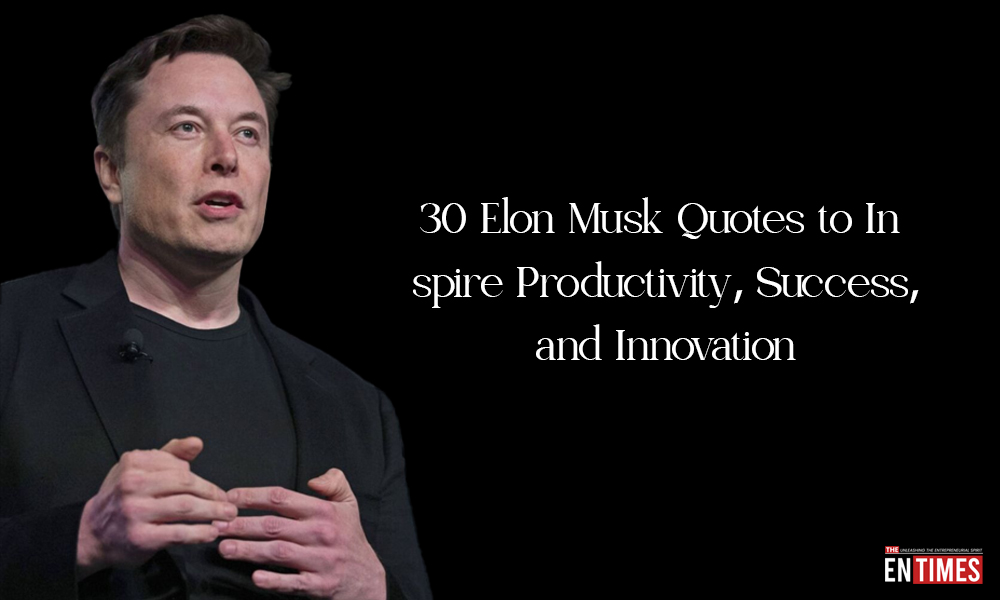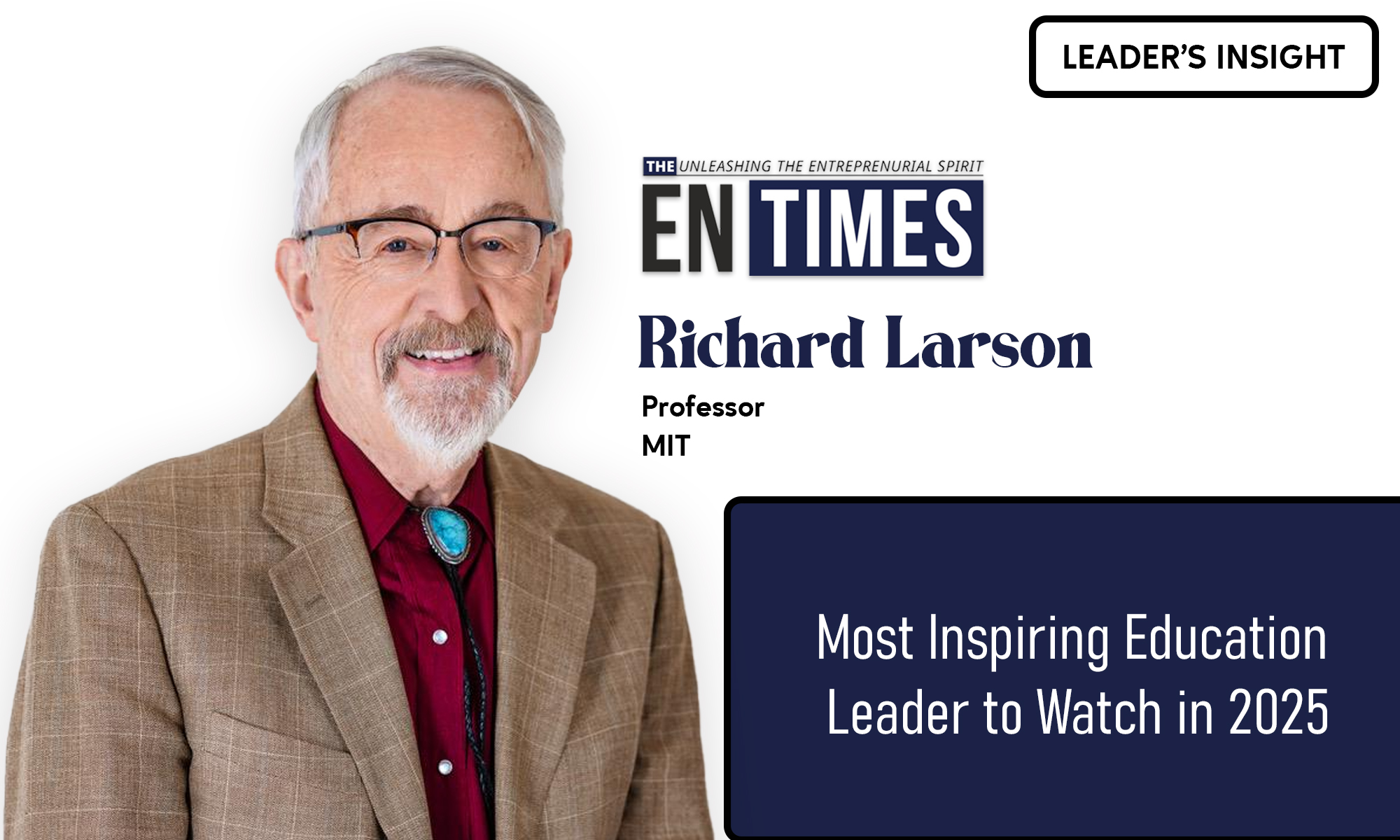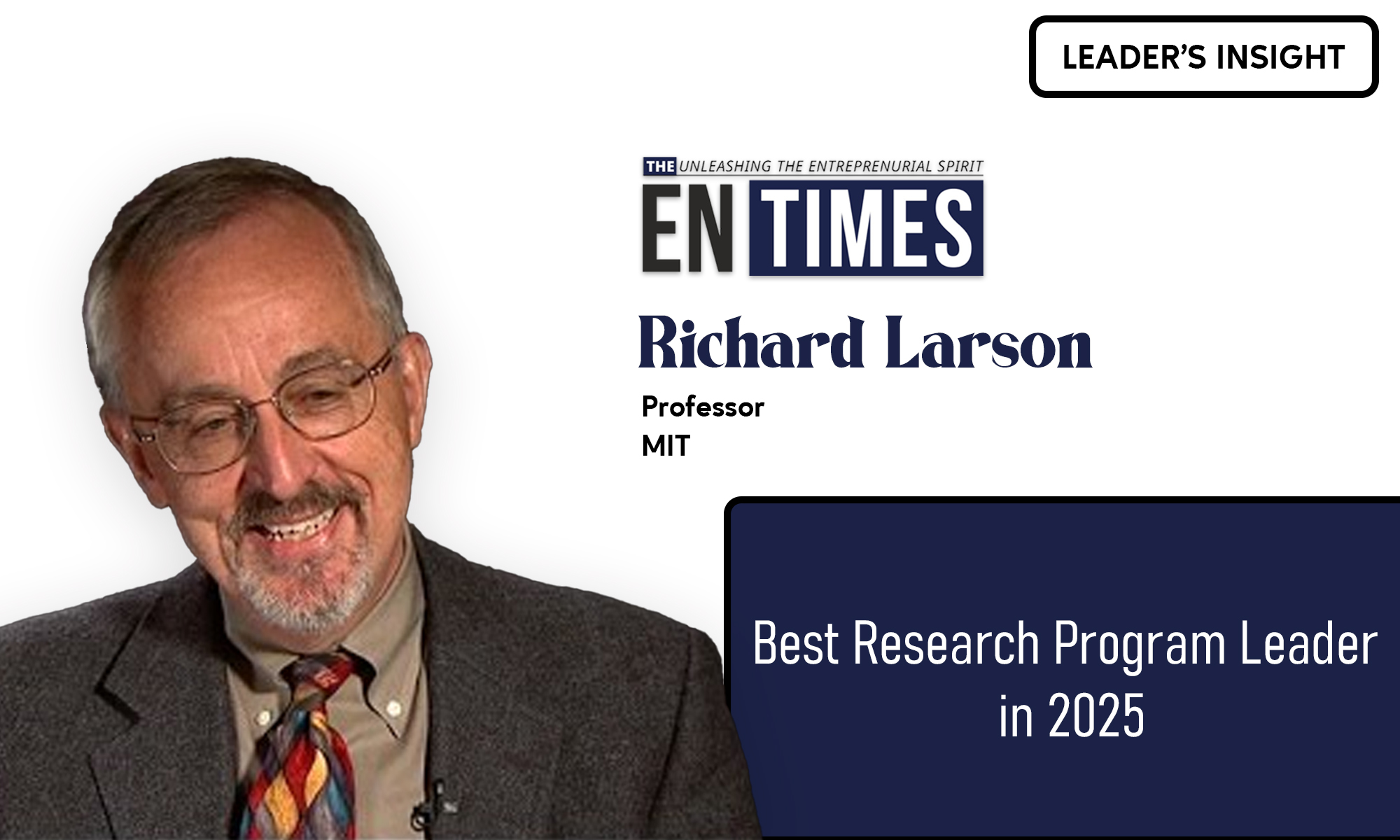Elon Musk is not just a visionary entrepreneur; he is a symbol of bold thinking and relentless action. From Tesla to SpaceX, his journey demonstrates what dedication, innovation, and resilience can achieve.
Elon Musk quotes go beyond motivation; they reveal life lessons, productivity tips, and strategies for success. Whether you’re an aspiring entrepreneur, professional, or student, these quotes provide practical insights to guide your daily actions. In this blog, we explore 30 of the most powerful Elon Musk quotes, including motivational quotes, success quotes, and innovation quotes, with actionable tips to help you apply them in real life.
Why Elon Musk Quotes Inspire Millions
Elon Musk‘s motivational quotes resonate because they are rooted in real experiences. Musk faced early failures, from struggling startups to rockets that didn’t launch. Yet he kept innovating, proving that resilience and ambition go hand in hand.
Mini-Example: Musk invested his last personal funds into Tesla and SpaceX. This decision shows how belief in a vision can drive extraordinary results.
Elon Musk Quotes on Success and Ambition
Success isn’t just wealth, it’s mindset, passion, and action. These quotes demonstrate how ambition fuels productivity and innovation.
Hard Work and Perseverance
- “Work like hell. I mean, you just have to put in 80 to 100 hour weeks every week.”
Consistent effort drives remarkable results.
- “When something is important enough, you do it even if the odds are not in your favor.”
Prioritize goals that truly matter.
- “Persistence is very important. You should not give up unless you are forced to give up.”
Push through challenges to achieve success.
Quick Tip: Break major tasks into micro-goals to maintain momentum.
Vision and Innovation
- “I think it is possible for ordinary people to choose to be extraordinary.”
Ambition starts with believing in your potential.
- “The first step is to establish that something is possible; then probability will occur.”
Belief shapes outcomes.
- “Some people don’t like change, but you need to embrace change if the alternative is disaster.”
Adaptation leads to growth.
Mini-Example: Tesla’s rapid innovation in electric vehicles shows how vision and action combine to create breakthroughs.
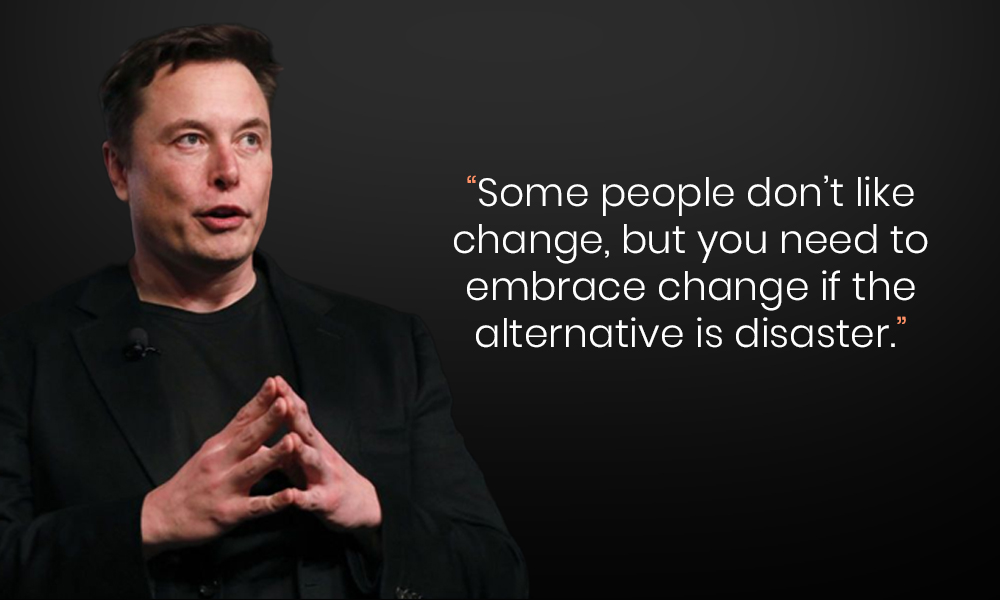
Elon Musk Quotes on Life and Growth
Learning from failure, embracing challenges, and personal improvement are core to Musk’s philosophy.
Resilience in Challenges
- “Failure is an option here. If things are not failing, you are not innovating enough.”
Mistakes are opportunities to learn.
- “If something’s important to you, you should try, even if the probable outcome is failure.”
Courage fuels growth.
- “Being an entrepreneur is like eating glass and staring into the abyss of death.”
Tough experiences build resilience.
Personal Growth
- “Constantly think about how you could be doing things better.”
Reflection improves productivity.
- “Take risks now and do something bold. You won’t regret it later.”
Bold action often leads to the greatest rewards.
- “Focus on signal over noise. Don’t waste time on stuff that doesn’t actually make things better.”
Prioritize high-impact work.
Mini-Example: SpaceX redesigned rockets after multiple failures, showing Musk’s commitment to learning and continuous improvement.
Elon Musk Quotes on Motivation and Productivity
Productivity is not just time management, it’s mindset, focus, and consistency.
Work Ethic
- “People should pursue what they’re passionate about. That will make them happier than pretty much anything else.”
Passion drives energy and focus.
- “I could either watch it happen or be a part of it.”
Initiative creates results.
- “Focus on doing something meaningful instead of something easy.”
Purpose fuels motivation.
Daily Productivity Tips
- “I think it matters whether someone has a good heart.”
Align work with values to maintain energy.
- “Spend as much time as possible on things you’re passionate about.”
Dedicate daily hours to meaningful work.
- “If you get up in the morning and think the future is going to be better, it is a bright day. Otherwise, it’s not.”
Mindset shapes productivity.
Quick Tip: Use a daily routine to balance important tasks and personal growth.
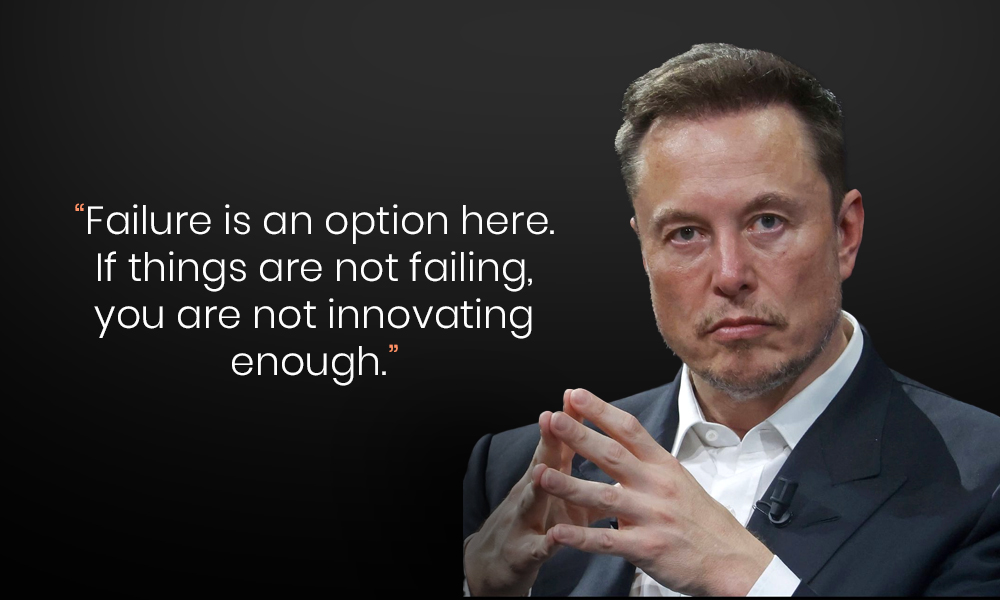
Elon Musk Quotes About the Future and Technology
Musk emphasizes long-term thinking, innovation, and progress.
- “I think we have a duty to maintain the light of consciousness to make sure it continues into the future.”
Think beyond the present.
- “I would like to die on Mars. Just not on impact.”
Dream big and aim high.
- “The path to the CEO’s office should not be through the CFO’s office, and it should not be through the marketing department. It needs to be through engineering and design.”
Prioritize skill and contribution over hierarchy.
- “I think we are at the dawn of a new era in AI and space exploration.”
Embrace emerging trends.
- “When Henry Ford made cheap, reliable cars, people said, ‘Nah, what’s wrong with a horse?’ That was a huge bet he made, and it worked.”
Innovation requires challenging norms.
How to Apply Elon Musk Quotes in Your Daily Life
- Keep a Quote Journal – Write one daily and reflect.
- Set Micro-Goals – Break big tasks into small steps.
- Morning Affirmations – Start your day inspired by a quote.
- Prioritize Passion Projects – Focus on meaningful work.
- Embrace Failure – Learn and iterate quickly.
- Share Insights – Discuss quotes with friends or colleagues.
Conclusion
Elon Musk quotes are more than inspiration; they’re a blueprint for action, growth, and productivity. From ambition and resilience to innovation and vision, his words guide anyone looking to achieve extraordinary results.
Start today with one quote, reflect, and apply it to your tasks. In Musk’s words:
“When something is important enough, you do it even if the odds are not in your favor.”
Apply these lessons daily, stay focused, and watch your productivity, mindset, and life transform.

